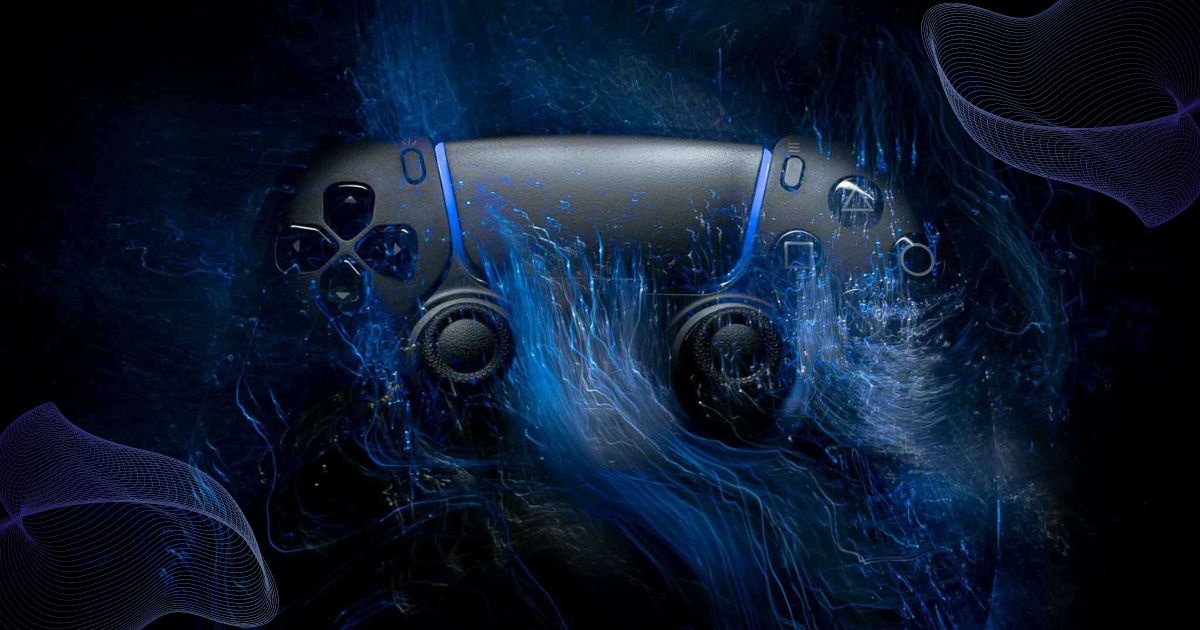Non-fungible tokens (NFTs) have taken the world by storm, becoming one of the most exciting advancements in the digital realm. NFTs are unique digital assets that are indivisible and cannot be exchanged on a one-to-one basis like cryptocurrencies. Instead, each NFT possesses distinct attributes, making it one-of-a-kind and highly valuable. This uniqueness is what sets NFTs apart and opens up a plethora of possibilities, especially in the gaming industry.
Understanding the Concept of NFTs
To grasp the concept of NFTs, it is essential to comprehend blockchain technology. NFTs are created, stored, and traded on blockchain platforms, such as Ethereum. Blockchain ensures the security, immutability, and transparency of each NFT transaction, allowing players to own, trade, and sell their digital assets with confidence.
The Rise of NFTs in the Gaming Industry
The gaming industry has been quick to embrace NFTs due to their potential to revolutionize gameplay, ownership, and monetization. Players are no longer limited to in-game purchases with little value outside the gaming environment; instead, they can purchase and own unique digital items that hold real-world value. This unprecedented sense of ownership and rarity has attracted both gamers and developers alike.
How NFTs Are Revolutionizing Game Development
NFTs have brought about a paradigm shift in the way games are developed and experienced. With NFTs, developers can create provably scarce in-game items, characters, skins, and even entire virtual real estate. This uniqueness creates a thriving secondary market, where players can trade their NFTs and monetize their gaming achievements.
Benefits of Using NFTs in Game Development
- True Ownership: NFTs grant players true ownership of their in-game assets, which can be transferred, sold, or even used in other compatible games.
- Interoperability: NFTs can be designed to be interoperable, allowing items from one game to be used in another, enhancing the overall gaming experience.
- Community Engagement: NFTs foster a stronger community as players are incentivized to collaborate, trade, and interact to create a more robust gaming ecosystem.
- Revenue Potential: Developers can benefit from a share of transactions that occur in secondary markets, unlocking new revenue streams beyond traditional game sales.
Challenges and Considerations in Implementing NFTs in Game Development
While NFTs offer tremendous opportunities, their integration into game development comes with challenges:
- Scalability: Ensuring a seamless user experience and transaction processing can be a challenge as the number of NFT users grows.
- Environmental Impact: The energy consumption associated with blockchain networks, particularly proof-of-work systems, raises concerns about the environmental footprint of NFTs.
- Regulatory Landscape: The evolving regulatory environment around cryptocurrencies and NFTs may impact their usage and legality in certain jurisdictions.
Future Prospects and Trends of NFTs in the Gaming Industry
The future of NFTs in gaming looks promising. We can anticipate:
- Increased Adoption: As blockchain technology matures and becomes more user-friendly, NFTs are likely to witness wider adoption in the gaming industry.
- Enhanced Game Mechanics: Developers will innovate further by integrating NFTs into game mechanics, leading to more engaging and immersive experiences.
- Cross-Platform Integration: NFTs will likely transcend individual gaming platforms, allowing for more seamless asset transfer and interaction between games.
How to Get Started with NFTs in Game Development
If you are a game developer interested in exploring the potential of NFTs, consider the following steps:
- Research: Familiarize yourself with blockchain technology, different NFT standards, and the existing NFT marketplaces.
- Define Use Cases: Determine how NFTs can enhance your game's experience and what unique assets can be tokenized as NFTs.
- Choose the Right Blockchain: Select a blockchain platform that aligns with your game's requirements and user base.
- Community Building: Engage with the NFT and blockchain gaming communities to gain insights and feedback on your NFT integration plans.
Conclusion
NFTs have revolutionized the gaming industry by offering players true ownership, interoperability, and new revenue opportunities. They have not only transformed game development but also created a more vibrant and engaged gaming community. As the technology evolves, NFTs will continue to shape the future of gaming, pushing the boundaries of what is possible in the digital realm. As a game developer, embracing NFTs could be the key to creating groundbreaking experiences and thriving in this exciting new era of gaming. If you offer game development services, integrating NFTs into your projects can set you apart in the market and attract clients who seek innovative and immersive gaming experiences.


No comments yet